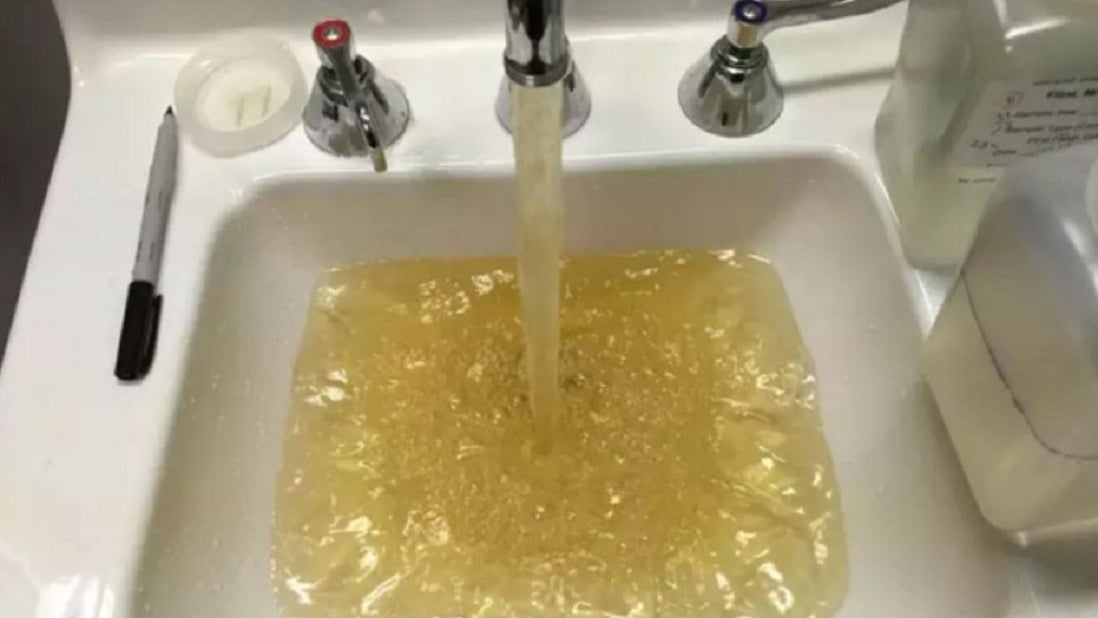The $626 million settlement involves a case brought by residents poisoned and impacted by contaminated water.
A federal judge has announced a $626 million settlement for victims of the Flint water crisis in Michigan. The case represented tens of thousands of residents poisoned, sickened and impacted by highly dangerous levels of lead in the city's water system.
U.S. District Judge Judith Levy called the settlement a “remarkable achievement” that bestows “a comprehensive compensation program" for every person in the suit.
“This is a historic and momentous day for the residents of Flint, who will finally begin to see justice served,” said Ted Leopold, a lead lawyer in the lawsuit.
But many residents were not pleased.
“It’s a Band-Aid on a bullet wound once again for our city that is still coping with the residual effects of the water crisis,” said resident LuLu Brezzell, Michigan Live reported. Her daughter Amariyanna “Mari” Copeny, wrote to then-President Barack Obama, prompting the president to visit the city.
Brezzell has three children eligible for settlement monies. But she doesn't think the settlement is fair, she said.
"Children in our community are already dealing with the long-term effects of the ongoing water crisis. The clear winners in this case are the lawyers, who will pocket more money than any Flint residents," she told the news website Michigan Live.
Lead levels spiked in Flint water after the city's water source was changed, beginning in 2014, to the Flint River from Lake Huron as a cost-saving measure.
But the river water was corrosive, causing lead to leak from pipes and contaminating tap water. Residents and children began to get sick from the water coming out of their pipes in disturbing shades of gold and brown.
Nine people have been charged in connection with one of the country's worst public health crisis, including former Gov. Rick Snyder and his former senior advisor Richard Baird. All have pleaded not guilty.
The charges filed range from involuntary manslaughter to misconduct in office.
Former Flint Mayor Karen Weaver said the settlement was far too little and far too late.
“When will we get something reflective of what we are worth? When does that happen?" she told reporters. "We haven’t gotten it in the settlement ... I mean, we just seem to be devalued people here in the city of Flint.”
The water crises also touched on issues of race and class. The city has struggled since the American auto industry crumbled in that area. More than half of its residents are Black.
“Here we are, another sad chapter of the water crisis,” Weaver said.
Related Stories






